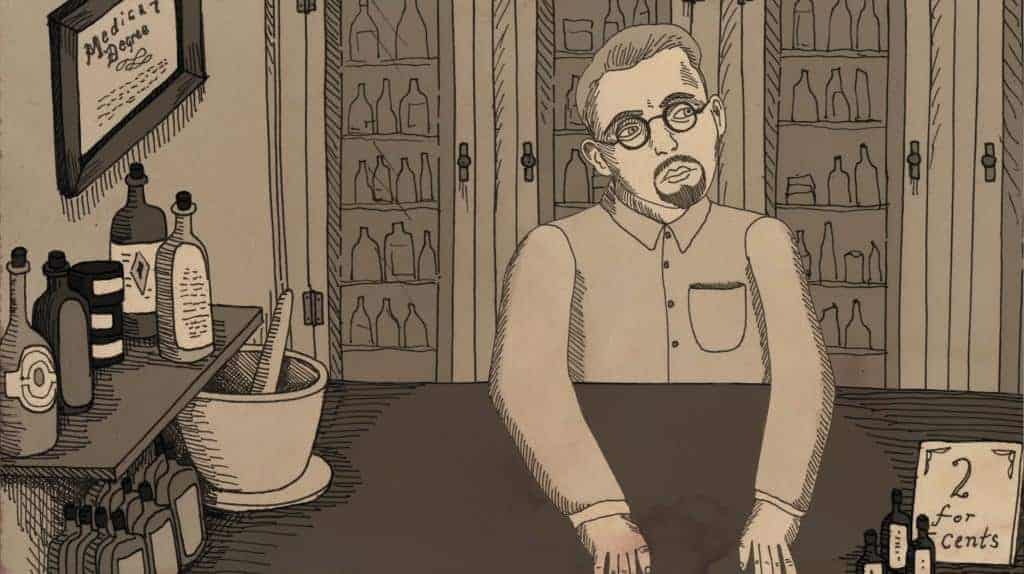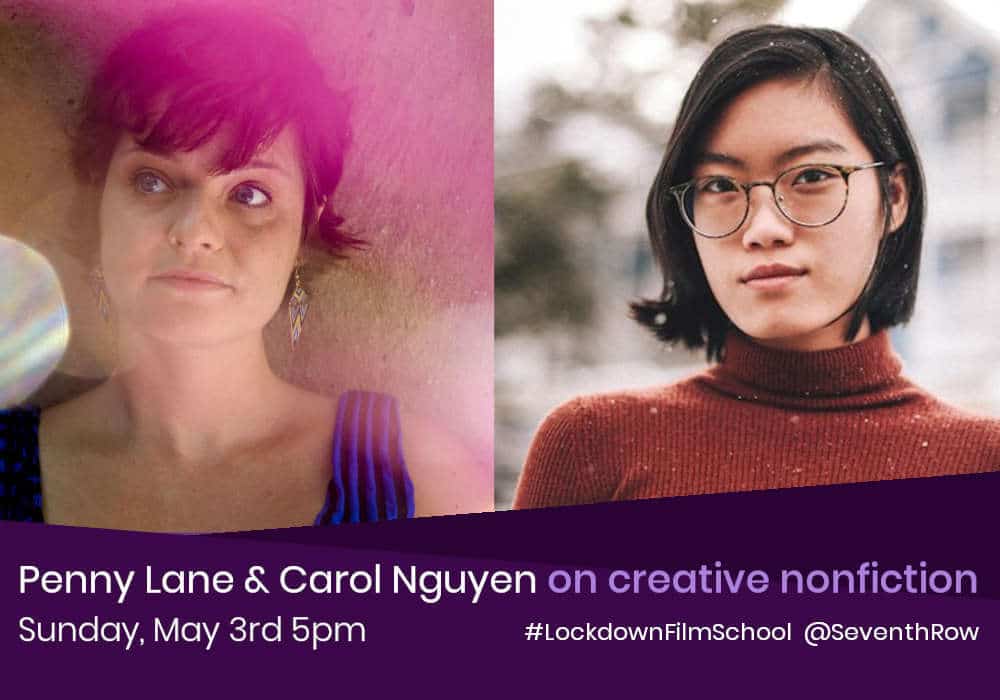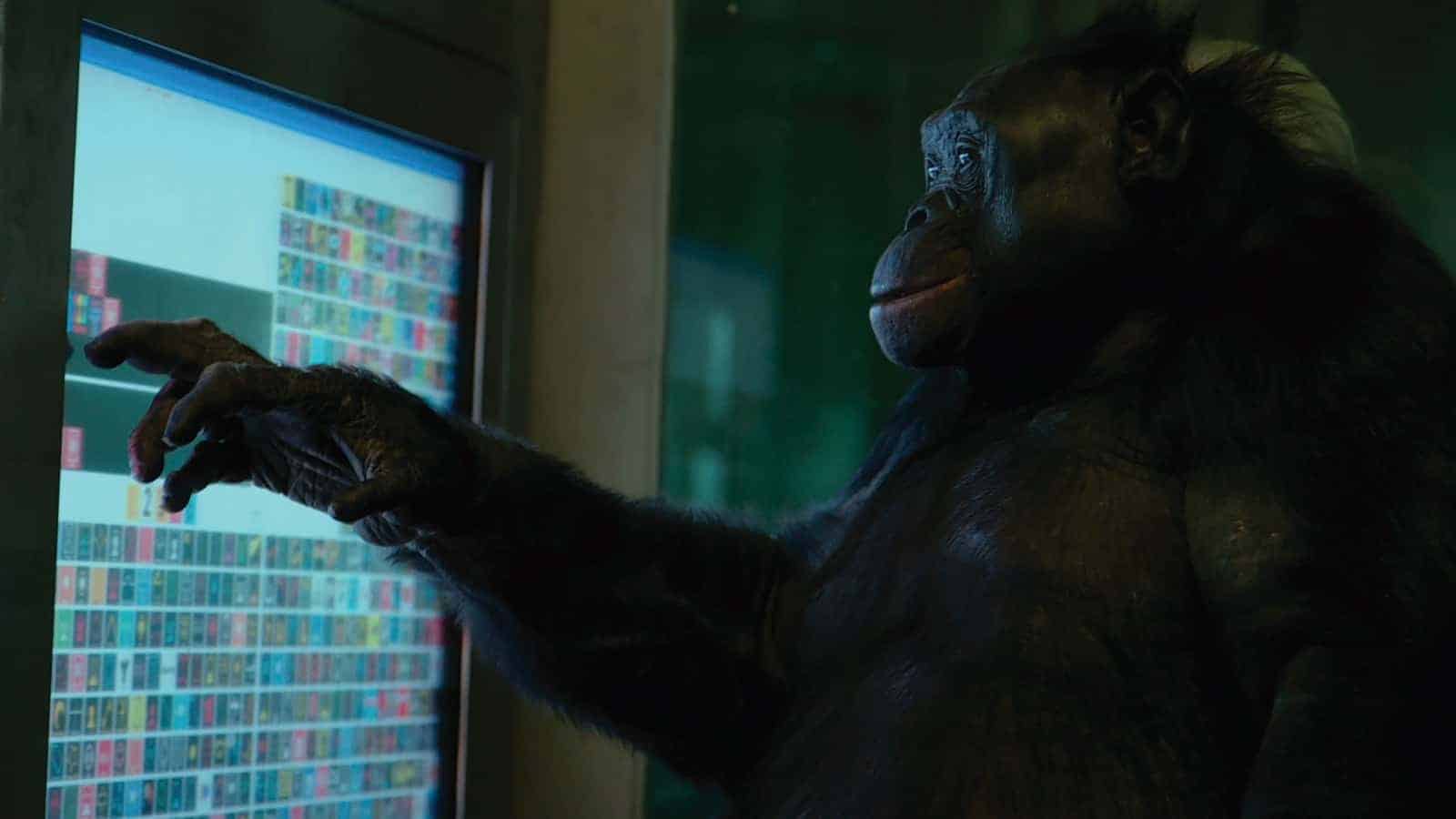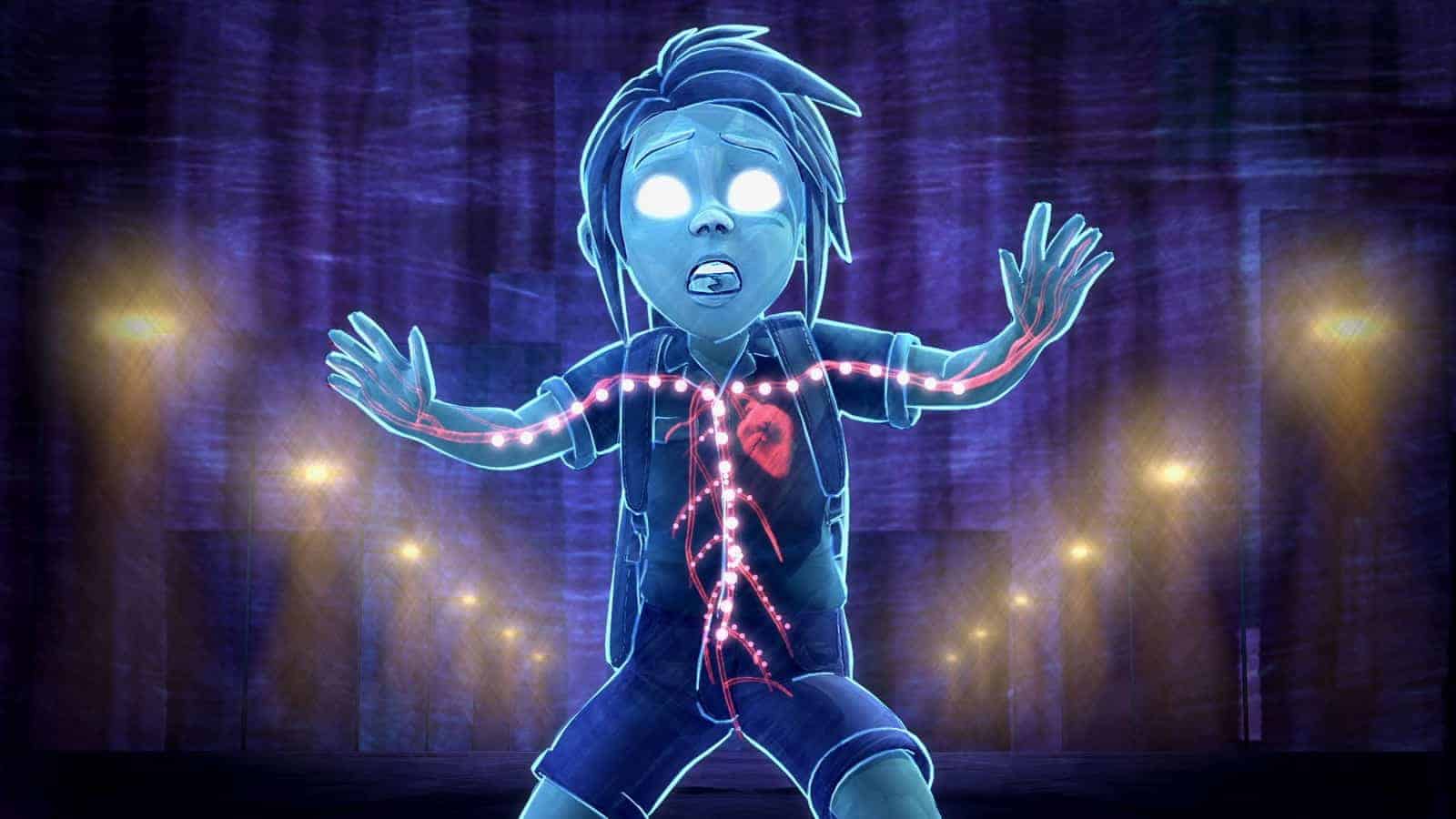Sundance documentaries NUTS! and foreveryone.net chronicle the scientific achievements and self-mythologizing of two very different men.
Read our interview with NUTS! director Penny Lane.

The Sundance documentaries foreveryone.net and NUTS! each chronicle the scientific achievements and self-mythologizing of two very different men. Jessica Yu’s foreveryone.net introduces the man who invented the World Wide Web, Sir Tim Berners-Lee (yes, it was just one person, and it was invented decades after the internet). Penny Lane’s NUTS! recounts the story of Dr. John Brinkley, who earned fame and fortune in the 1920s for transplanting goat testicles as a fertility cure for men. Taken together, the films expose the contrast between the ideals of the scientific community and the pursuit of fame and fortune.
Sir Tim Berners-Lee is delighted that he’s not a household name. When he invented the World Wide Web — the part of the internet you access through your browser, which relies on hyperlinks to connect information — in 1989, he knew it would be most powerful, most world-changing, if he gave it away. So he did. It started as a project at CERN, the nuclear physics lab in Geneva, Switzerland, to facilitate sharing information between scientists with incompatible computers. But it grew into something bigger as word of mouth spread. Instead of trying to monetize this technology, Berners-Lee put it in the public domain and watched his baby grow, chairing the World Wide Web Consortium that decides on standards ever since. Berners-Lee achieved his goal of making global information sharing accessible — even if few of the billions using his technology know his name.
Dr. John Brinkley, on the other hand, was a charlatan with a flair for self-publicity. Brinkley started the first radio station to broadcast country music — as well as his own scientific hokum disguised as medical advice. He persuaded thousands of grateful men to pay him enormous sums for an absurd infertility cure. When the Powers That Be started to suspect something was up with his methods, Brinkley decided to run for Governor and won on a technicality (though he never held office). Brinkley’s medical degree, it turned out, was as bogus as his cures. But he knew how to manipulate his image, even if he didn’t know anything about medicine.
Both films complicate the still-ubiquitous archetype of the Lone Omniscient Scientist . Even this year’s inaugural Sloan Science in Cinema Award went to The Martian, a film that assumed its protagonist could code, do chemistry, and repair vehicles with a deep knowledge of mechanical engineering — despite being a botanist. People implicitly trusted Brinkley because a man who claimed to have a medical degree probably knew everything about all sciences. In contrast, Berners-Lee has no desire to claim expertise he doesn’t possess. Instead, he’s disarmingly self-effacing and altruistic. He wants the World Wide Web to succeed, and having his name attached to it makes no difference to him.
Yu’s approach to documentary filmmaking is traditional, using talking head interviews and graphics with the goal of education. Through a mix of interviews with Berners-Lee’s colleagues and the man himself, Yu’s film illuminates a curious mind and the philosophy behind the web. Yu uses thoughtfully crafted animated graphics to illustrate how the web actually works, linking ideas together that can be accessed from any computer system. The ideas are distilled down to an easily digestible form without being condescending
Lane’s film, in contrast, is much more inventive with documentary form. NUTS! also lets its subject tell his story, his voice resurrected by author Thom Stylinski using passages taken from Brinkley’s autobiography. Lane mirrors Brinkley’s knack for obfuscating facts, intentionally keeping the details of his work vague until the the third act — though his cure-alls are certainly suspicious. Even her interviews with historians and footage of news media from Brinkley’s time leave many questions unanswered, so we’re left taking Brinkley’s word for it. Unlike Yu, Lane doesn’t have access to her subject, so she compensates by using animated sequences to re-enact parts of the narrative — much like Leanne Pooley’s doc 25 April. The playful, funny sequences highlight the absurdity of Brinkley’s story. In the film’s cold open, a customer stares longingly at a goat, begging Brinkley to transplant the animal’s glands for him.
Brinkley’s most persuasive argument for his untested “innovative” procedure is that peer review is a glacial process: he’s seen his goat testicle transplants work, and that should be enough. He suggests that his methods are similar to those of the doctors who realised they should wash their hands between procedures: they didn’t have scientific proof, but they could see this was the best practice from experience. So many stories about doctors are about maverick rule-breakers who save lives by ignoring policy, from Dr. House to Dr. Thackery. We like stories about underdogs. Lane wants us to look at how an appealing narrative shouldn’t trump actual science.
So is NUTS! or foreveryone.net better at depicting science? NUTS! is the only one that is officially part of the Sundance festival and thus eligible for the Alfred P. Sloan Prize for science, yet it isn’t even about a scientist. Nevertheless, NUTS! could galvanize an important conversation about what being a scientist means. foreveryone.net is a classic information dump documentary aimed at explaining technology and the kind of environment needed to spur innovation. But its empathetic portrait of Berners-Lee is crucial to understanding what real scientists are like, how they think, and how that allows them to effect change.
Read more: Penny Lane on the making of NUTS! and a gullible audience >>


